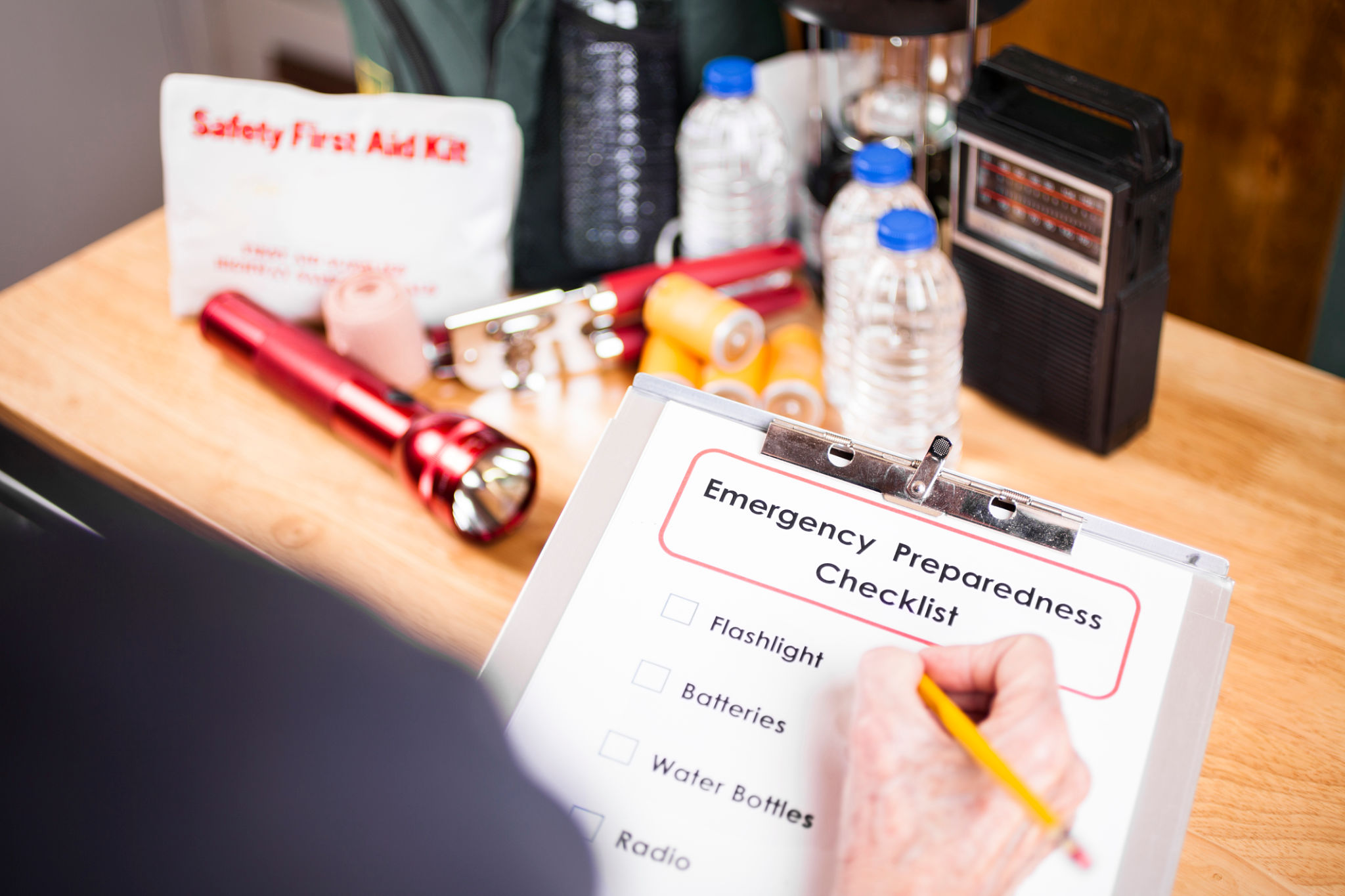How to Prepare Your Home for the Florida Hurricane Season
Understand the Hurricane Season Timeline
Florida's hurricane season typically runs from June 1st to November 30th, with the peak occurring between August and October. Knowing this timeline is crucial for timely preparations. During this period, residents should stay informed about potential storms and have a plan in place well before a hurricane approaches.
It's essential to monitor weather forecasts regularly and sign up for local alerts. Staying informed can provide valuable time to secure your home and evacuate if necessary. Make sure all family members are aware of the plan and have access to emergency contact information.

Strengthen Your Home's Exterior
One of the most effective ways to protect your home from hurricane damage is to reinforce its exterior. Start by inspecting your roof for any loose or damaged shingles, as these can be easily torn off during high winds. Consider installing hurricane straps or clips to keep the roof securely attached to the walls.
Windows and doors are vulnerable points during a hurricane. Invest in impact-resistant windows or install storm shutters to protect them from flying debris. Additionally, reinforce garage doors, as they can be a weak spot in heavy winds. If you have outdoor furniture or decorations, make sure to secure them or bring them indoors to prevent them from becoming projectiles.
Prepare an Emergency Kit
An emergency kit is a must-have for any household during hurricane season. This kit should include essential items such as:
- Non-perishable food and water for at least three days
- A flashlight with extra batteries
- A first aid kit
- Medications and personal hygiene items
- Important documents in a waterproof container
- Cash, as ATMs may not be operational

Plan for Power Outages
Power outages are common during hurricanes, so it's important to prepare accordingly. Consider purchasing a generator to keep essential appliances running. Make sure you understand how to operate it safely and store enough fuel.
If a generator isn't feasible, charge all electronic devices in advance and have portable chargers ready. Stock up on candles and matches, but use them with caution to avoid fire hazards. Keep your refrigerator and freezer doors closed as much as possible to preserve food.
Review Your Insurance Policies
Before the hurricane season starts, review your home insurance policy to ensure you have adequate coverage. Standard policies often don't cover flood damage, so you may need to purchase additional flood insurance. Understanding your coverage can save you significant headaches and financial strain should damage occur.

Take inventory of your home by documenting your possessions with photos or videos. This can expedite the claims process if you need to report any damage. Store copies of important documents, including your insurance policy, in a secure and easily accessible location.
Establish a Communication Plan
Communication is key during emergencies. Establish a plan with family and friends to stay in touch if you're separated or need assistance. Designate an out-of-town contact who can relay information between family members.
Consider using text messages or social media to communicate, as phone lines may be congested during a storm. Ensure all family members know how to reach each other and have a list of emergency contacts readily available.
